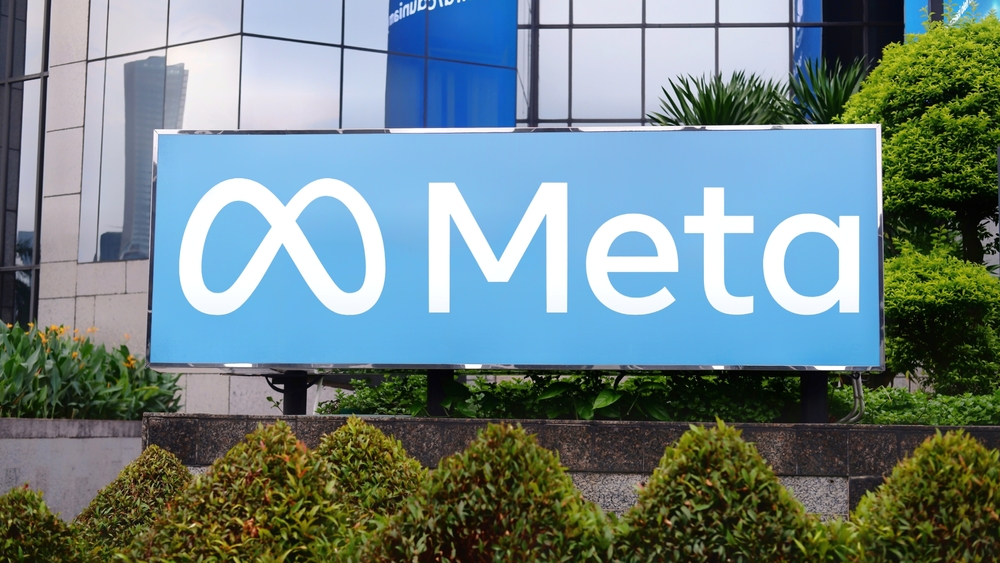A U.S. federal judge has ruled that Meta CEO Mark Zuckerberg is not personally liable for any harm caused to children by their addiction to Facebook and Instagram. This ruling is a significant development in the series of lawsuits against Meta, which allege that the company knowingly concealed potential health risks to users, particularly children and adolescents.
The lawsuits, brought forward by parents and educational organizations, claim that Meta was aware of the mental health risks associated with Facebook and Instagram and that children are especially vulnerable to these impacts. The plaintiffs argue that Meta intentionally misled users by withholding key information, using “misleading statements” that hindered users’ ability to fully understand the risks of engaging with these platforms.
Court Decision and Growing Global Concerns
The ruling, issued by Federal Judge Yvonne Gonzalez Rogers of California, was detailed in a 10-page court document. While the plaintiffs argued that Zuckerberg acted not only as CEO but also as a principal architect of Meta’s approach to concealing risks, Judge Rogers found that the evidence was insufficient to establish his personal liability. According to Rogers, the evidence did not meet the requirements of corporate liability laws across the 13 jurisdictions covered in the lawsuit.
This case arrives amid mounting global concern over the impact of social media on young users. In October, fourteen U.S. attorneys general filed lawsuits against TikTok, accusing it of promoting addictive content that has detrimental effects on young users’ mental health. Experts believe these lawsuits are utilizing legal strategies that echo those employed by the U.S. government against industries like tobacco and pharmaceuticals, targeting companies over alleged harm to public health.
Internationally, similar concerns are gaining traction. Australian Prime Minister Anthony Albanese recently proposed a bill that would prevent children under 16 from creating social media accounts. Meta’s Chief Security Officer, Antigone Davis, responded to this, noting that the company is prepared to comply with any age restrictions that the Australian government might implement. Meta, however, declined to comment on the California court ruling, and Zuckerberg’s legal team also did not respond to requests for comment.
Plaintiffs’ Ongoing Commitment to the Case
Despite the ruling, Previn Warren, an attorney with Motley Rice LLC representing the plaintiffs, emphasized their commitment to continuing the case against Meta. Speaking to Business Insider, Warren stated, “Our goal is to give the hundreds of families and educational organizations we represent the opportunity to fight for their rights in court. We are committed to continuing the process of uncovering evidence to show how the biggest tech companies knowingly put profits above the safety of children.”
The lawsuit against Meta is substantial, involving dozens of plaintiffs who allege that social media use has led to serious health consequences, including physical and psychological injuries, disabilities, and other long-term issues. The plaintiffs are also seeking compensation for medical expenses, lost wages, reduced earning capacity, and other damages that have permanently impacted their quality of life.
Alongside Meta, other tech giants like Snap, ByteDance, and Google are also named in the lawsuit, adds NIX Solutions. In December 2023, the plaintiffs expanded their case, detailing the ways in which social media use has affected their lives and requesting further accountability from tech companies.
As the case proceeds, it is clear that this is part of a broader, evolving battle over the accountability of social media platforms and their leaders. We’ll keep you updated on further developments.

